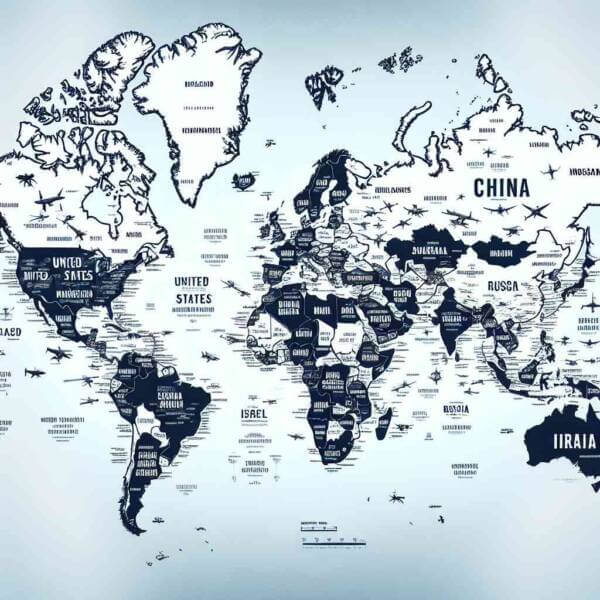Military Aviation: Everything You Need to Know
Military Aviation: Everything You Need to Know
Blog Article

Since its beginnings in the early 20th century, military aviation has changed how wars are fought.
Today, military aviation encompasses a wide range of missions, from fighter jets and bombers to surveillance drones and transport planes.
How Military Aviation Began
As technology advanced, airplanes were adapted for combat, reshaping military strategies.
Major milestones in military aviation history include:
- Development of air combat tactics
- World War II advancements
- Emergence of strategic bombers and nuclear deterrence
- Rise of unmanned aerial vehicles (UAVs)
Each era brought innovative strategies that expanded aerial warfare.
Different Roles of Military Planes
Military aviation includes a variety of aircraft, each designed for specific missions.
Types of planes used in military aviation:
- Aircraft designed for air-to-air combat
- Aircraft for long-range attacks
- Transport aircraft
- Reconnaissance and surveillance drones
Each type plays a critical function in military operations, from securing airspace.
Importance of Air Superiority
Air superiority is crucial for achieving military success.
Strategic advantages of air dominance:
- Providing close air support
- Targeting infrastructure and logistics
- Gathering critical intelligence
- Psychological impact on enemy forces
Nations with strong military aviation capabilities can defend their interests more effectively.
Advancements Shaping the Future
Constant research and development open new possibilities for future warfare.
Cutting-edge developments:
- Stealth technology
- Ultra-fast strike capabilities
- Autonomous drones
- New forms of aerial weaponry
These advancements enhance lethality for air forces worldwide.
Risks and Limitations
From high visit this website costs to geopolitical tensions, the road to air dominance is a constant battle.
Key challenges include:
- Budget constraints for defense programs
- Rapid technological changes
- Protecting systems from hacking and sabotage
- New debates about AI in warfare
Addressing these challenges is essential for maintaining air power.
Where Military Aviation is Heading
Nations will continue investing in next-generation aircraft to maintain strategic advantages.
Future trends may include:
- Greater integration of artificial intelligence
- Military satellites and space-based weapons
- Eco-friendly military aircraft
- Enhanced multinational cooperation
The next era of military aviation will revolutionize how wars are fought.
The Enduring Power of Military Air Forces
Military aviation remains an irreplaceable element in global defense.
As technology continues to evolve, the skies will remain a critical arena where military aviation protects nations.
The future of military aviation is limitless — and it’s only just beginning. Report this page